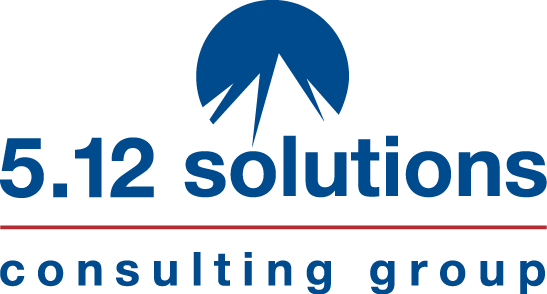- Only looking for employer postings on the internet
- Only mailing resumes to employers at random
- Only answering ads in professional or trade journals appropriate for your field
- Only answering local newspaper ads
- Only going to private employment agencies or search firms for help
The interesting thing is that one of these methods is where most people focus their search.
According to the same research contained within What Color is Your Parachute 2009, the first place companies go to look for potential employees is from within their organization. Regardless of whether you are happy in your career and current role, in a dead-end job looking for something more challenging, or currently in transition – being well networked is critical to your long-term career success.
I have seen so many people who are “comfortable” in their current roles and, as a result, only have 44 Linked-in connections, don’t participate in any trade associations, and have rusty (at best) connections outside of the current organization they work for.
If you want to be a “free agent” and have the ability to direct your career where ever you want it to go, you have to be well networked. But, in my opinion, one of the most costliest myths about today’s job market is that the internet should be your primary search mechanism. Well, the internet is important, but you should be well networked both online and offline.
Here are some ideas:
- Get involved in local trade associations, attend chapter meetings, and get on its board.
- Volunteering will help you meet new people and potentially develop or sharpen new skills.
- Embrace social media because it is here to stay. Start with Linked-in and build your online network – 10 to 20 people per week.
- Become a thought leader in your field by writing and speaking about topics that are important to you.
It’s a lot easier to have a network in place prior to starting a voluntary or involuntary career transition. And, even if you plan to stick with your existing employer, you want to be well networked within the organization.
Here are some “IS” and “is NOTS” about networking.
- Networking is NOT about asking for a job.
- Networking is NOT just about you.
- Networking IS asking for advice.
- Networking IS about getting feedback.
- Networking IS about building relationships.
- Networking IS about helping others.
- Networking IS about expanding your contacts.
- Networking IS about seeking information.
Get started today by identifying simple actions you can take every week to start building your network.
If you are interested in learning more about how to recession proof your career, I have teamed up with career coach Laura A. Davis and we are delivering a complimentary webinar on September 1st on the 7 Costliest Myths About Today’s Job Market. I think you will find this a unique and worthwhile session.
